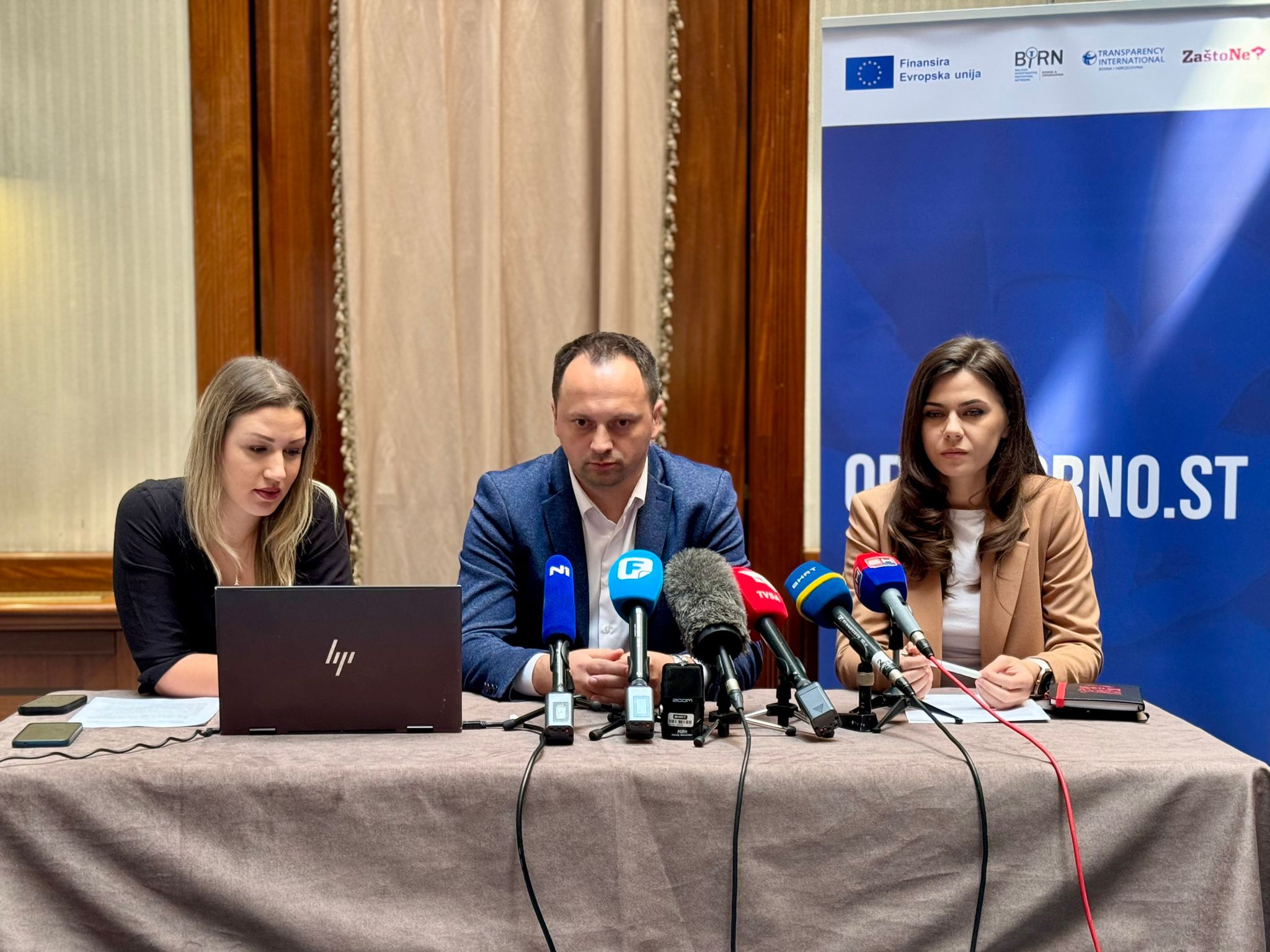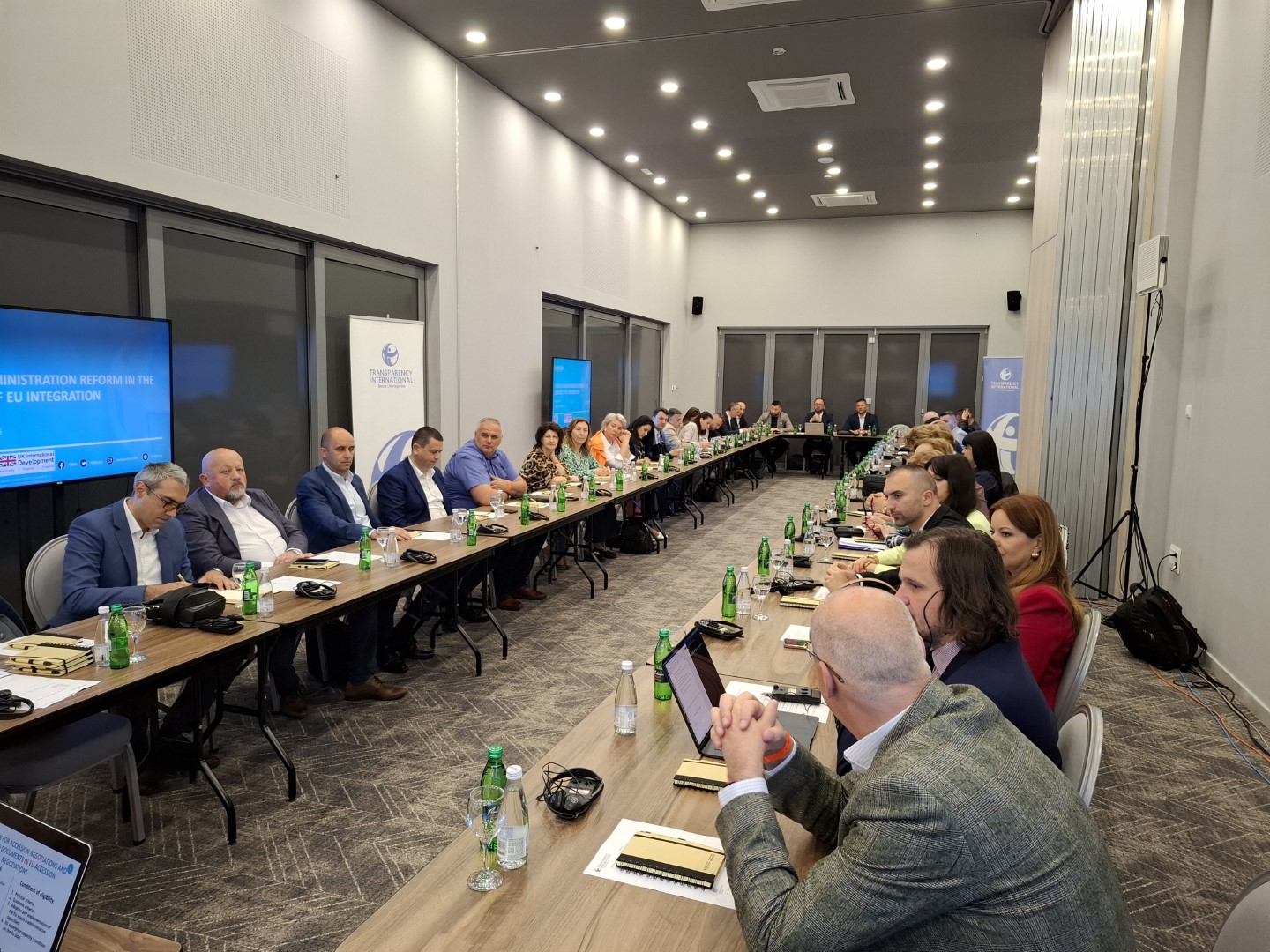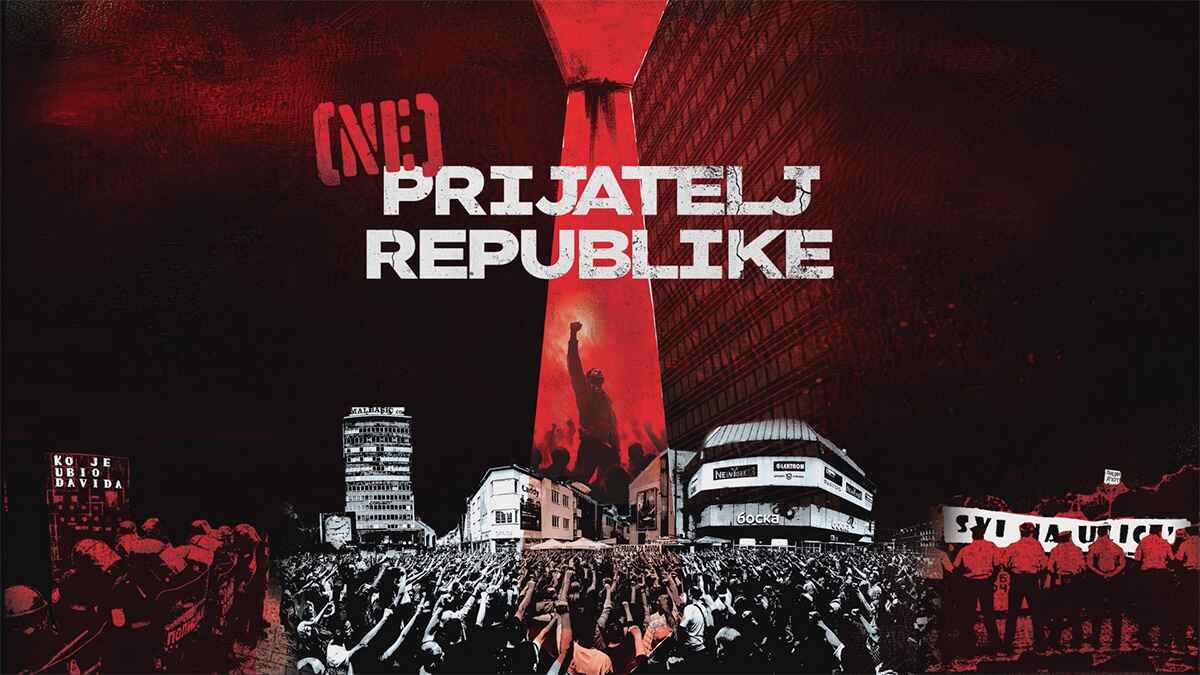Agent of changes
Berlin, 31 March 2008 - Launched in July 2007, Transparency International’s (TI) short film documentary 'Agents of Change', portrays the work of TI Advocacy and Legal...

By chronicling the work of TI’s Advocacy and Legal Advice Centres (ALACs), offices that provide legal assistance to ordinary citizens who have witnessed or become victims of corruption, ‘Agents of Change’ helps to reveal the human stories behind systemic corruption. In addition to looking at the operations of the centres, how they assist clients and how this work helps them advocate for systemic reform, the film tells the stories of three particular clients: two in Romania and one in Bosnia & Herzegovina. Shuttling between the countries, home to two of the most established centres, the film tells the story of these three citizens navigating institutions that have been rattled by war, dictatorship and the growing pains of political and economic transition.
Gabriela, a former inspector for a child protection agency in Budapest, was fired after observing frightening abuses within a child protection agency. Sinisa, a musician in Sarajevo, has dedicated years of his life to uncovering the corruption and mismanagement he observed at the philharmonic orchestra where he once worked. And Dragos was on the verge of losing his home after a falsified land claim glided mysteriously through the courts. They have all fought against injustices, and TI has advised and equipped them in their struggles.
The film also looks at the people that man the centres, motivated, well-qualified people who often forsake better-paying jobs in the private sector to serve their fellow citizens, to help them navigate maze-like bureaucracies in the pursuit of justice.
TI also hopes that the film will encourage more TI national chapters to launch such centres. The ALACs featured in the film in Romania and Bosnia & Herzegovina were established in 2003 as part of a pilot project, along with one in Macedonia. Since then they have been joined by 16 other ALACs, operating in 15 countries across three continents, and their success stories have inspired other national chapters around the world to investigate establishing them in their own countries.
The core of each ALAC is a hotline that citizens can use free of charge. Through the hotline they have the opportunity to speak to a lawyer specialised in corruption issues, who will decide if the case is indeed one of corruption. In 2007, ALAC Corruption Hotlines received tens of thousands of calls from victims and witnesses of corruption who sought to relate their experiences, receive legal advice and assistance or encouragement and support in seeking recourse and redress.
Past cases have ranged from small bribes to grand corruption involving hundreds of millions of dollars, while the sheer diversity of the cases and the people who use the centres – from the unemployed to entrepreneurs, from pensioners to business people – demonstrates the pervasive nature of corruption; from the top-down to the bottom-up.
The ALACs assist the complainants in understanding the basis of their problems, their rights, the duties of the authorities and then jointly decide on a strategy for seeking redress. It is important to emphasise that ALACs do not investigate or represent their clients in court, rather, they provide legal advice and support so that citizens can make well articulated complaints to the appropriate office. Essentially, ALACs aim to empower citizens and demonstrate that they will become involved in the fight against corruption when provided with simple, credible and viable mechanisms to do so.
One major advantage of ALACS, which sets them apart from other legal resources, is the low-cost of their operation. Supported by donor money, so that they can provide their services to citizens for free, the ALACs are able to handle individual cases for between € 5-15 (US $8-24), a fraction of what private legal counsel would cost.
Not only do ALACs seek to change the behaviour of citizens, empowering them to reject corruption, they also seek to change the behaviour of institutions so that procedures and laws become more effective and less vulnerable to abuse. ALACs work to translate citizens’ concerns on corruption into structural changes for better local and national governance by pursuing targeted advocacy interventions and campaigns. Clusters of complaints around a single government office or service show where reform is necessary. The effectiveness and credibility of ALACs derives from the fact that they seek and advocate for institutional, procedural and administrative reforms based on very concrete evidence.
Working in the TI multi-stakeholder tradition, ALACs aim to create dialogue, informal feedback and working partnerships with government institutions charged with anti-corruption. Some ALACs are now working directly with various government anti-corruption institutions and line departments – advising them how they can build capacity to engage and respond to their citizens’ corruption complaints.
Uključite se
Budite u toku
Pretplatite se na naš bilten i dobijajte periodična obavještenja o našim objavama, najavama, pozivima i aktivnostima putem elektronske pošte.
Ne propustite
Ukoliko želite da dobijate naša saopštenja odmah nakon objavljivanja ostavite svoju e-mail adresu u polje ispod.



